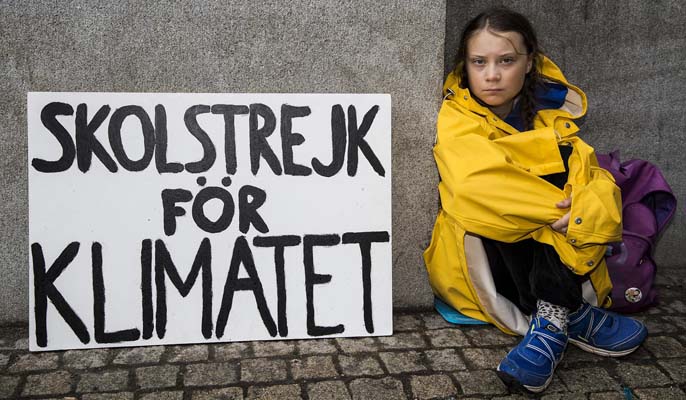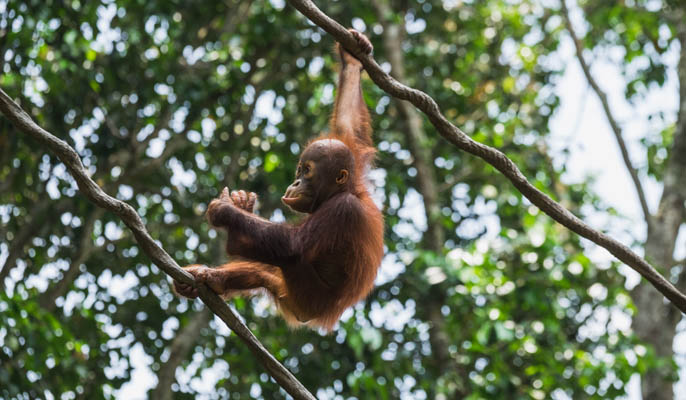
Whether you believe in climate change or not, we can all appreciate that the extreme overuse plastic is fast becoming the defining issue of our generation.
According to Surfers Against Sewage, around 8 million pieces of plastic enter the oceans every day and about 5,000 plastic items litter every mile of all UK beaches. If that doesn’t make you stop and question the role plastic plays in your life, then how about the idea that marine plastic pollution is responsible for killing 1 million sea birds and 100,000 marine mammals and turtles annually. Ready to make a change yet?
To try and help improve the situation, I have compiled a range of ideas aimed at reducing how much plastic we each use. Many suggestions are quite simple to follow and can be integrated into any lifestyle, while others might take more effort or investment. Every little helps though, so even if you only do a few of the things below you will still help to reduce the quantity of plastic polluting the environment and, at the end of the day, that really could be the difference between life and death.
1. Reusable Water Bottles & Coffee Cups
We’ve all heard this a million times before, but how many of us actually carry a reusable water bottle or coffee cup around with us? According to Arcadia Power, if you consumed the recommended volume of water you need daily, you would go through over 1,450 plastic bottles annually. Now if every bottle cost a mere £1, that would add up to about enough to buy a car! As for coffee, a reusable cup can save you upwards of 20% or 20-50p off a regular coffee at certain stores.
2. No Plastic Straws or Utensils
For those that can, cutting out the use of these plastic items is easy. By doing so, we could each help to massively reduce the estimated 100kg of plastic the average European uses annually, according to SloActive.
3. Reusable Shopping Bags
We’ve all seen the photos shunning single-use plastic bags. So, before heading out of the house, be sure to always pack a shopping bag. Even if you do not intend to use it; spontaneous shopping happens more often than you think!
4. No Plastic-Wrapped Groceries
As a student, I can appreciate that this is a lot easier said than done. Often products grouped together in a thin layer of plastic are cheaper than buying non-wrapped items. However, if you can afford to buy loose fruit and veg, it is definitely the way forward.
5. Clever Food Storage
Plastic food storage items are arguably one of the hardest plastics to avoid, but there are alternatives! Tupperware can be replaced with glass containers or jars, while cling-film can be replaced with silicone replacements or sustainable beeswax wrapping.
6. Avoid Excessive Packaging
This could be as simple as ordering ice cream in a cone and not a cup: most cups are not recyclable! In other cases, it’s worth buying things from local shops or in person; deliveries are often unnecessarily packaged with lots of needless materials, specifically plastics.
7. Avoid Products with Microbeads
What are micro beads I hear you ask? Well, most of us know them as the little balls in our cosmetics that act as exfoliators. They can be found in almost anything from bodywash to toothpaste, but most water treatment plants are not equipped to filter them out. Consequently, they collect and eventually end up affecting marine life.
8. Cloth Rags & Refillable All-Purpose Cleaners
If you reuse the same plastic container for your cleaning liquids and buy refillable cleaning products, you significantly reduce your overall plastic consumption. Additionally, by using cloth rags, you reduce any other types of waste left over from cleaning. Bonus!* You can also make your own home-made all-purpose cleaner which will often end up being more sustainable and much cheaper than what you can buy in store. Other, less conventional ideas of reducing plastic include swapping your plastic toothbrush for a bamboo one, skipping the disposable plastic razor and buying a long-lasting one, or (ladies!) making your period waste and plastic free.
*Also note that when you buy cleaning rags to use, make sure they’re made of natural fibres! That way, they can’t be broken down into harmful microplastics when they’re washed!






Amazing article!
Agriculture is a huge problem – for example, around 15% of the amazon forest has been removed through agricultural practises, including cattle grazing for beef eating.
If we all stop demanding so much meat then this would decrease.
The amazon is our earths lungs and it’s being decreased in size at an increasing rate.
I think the main problem is the excessive meat consumption, because the meat industry is on of the most polluting industries (if not the most).
I think…this is a great article
I think there is no problem ..